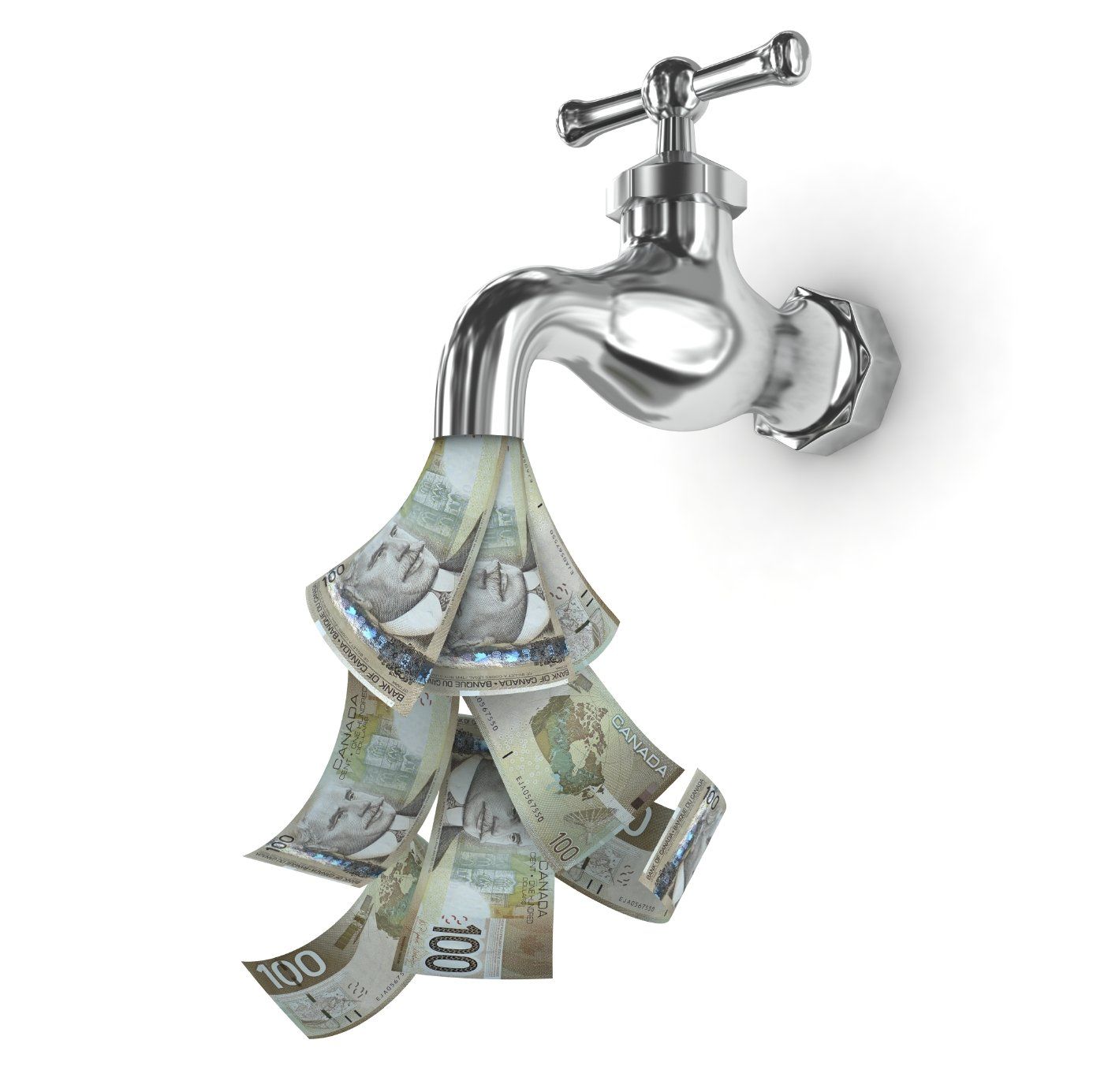Its Time To Plan
With the tax year end nearly upon us there is still time to minimise your tax bill

So, it feels like you’ve only just filed your tax return but now is the time to do your last minute planning for the current tax year that ends on 5 April 2020.
There are various things that can be done to maximise the use of your personal allowances and basic rate allowance.
Here is a run down of things to consider:
If you have a low income you may not have used all your tax-free personal allowance for the year. If you run a business in the form of a company and have made a profit maybe you could extract more from it without paying any tax. Alternatively, you may be able to pass some of the allowance to your spouse.
On the other hand, if you are lucky and earn over £100,000 you will be starting to lose your personal allowance, an annual bonus may have pushed you over the £100,000. It may be worth considering a pension contribution – at least you will be putting money aside for your future rather than giving it to the tax man.
If you are a director of your own company now is the time to get your books up to date. Get your accountant to look at them before the end of March so you have time to vote and pay payroll bonuses or dividends.
If you, your business or your company have surplus cash pension contributions can save tax whilst helping you save for your future.
Alternatively, for individuals, now could be the time to top up your individual savings account (ISA)- cash based ones don’t make as much sense as they used to but if you are planning an investment based ISA you can protect any future capital gains from tax.
If you are in the first three years of a new sole trade or partnership and have made losses, there may be the opportunity to gain tax relief from your income before you started trading. This means you could get a repayment of tax. So it is worth getting those accounts up to date and getting a free consultation with an accountant.
It is also a good time to plan beyond 5 April in order to minimise future tax bills – again here are some things that can be done.
Have family members been volunteering in your business? If so could you employ them? The wages will be tax deductible for your business and f your relative has a low income their tax rate may be lower than yours.
Could you share income more effectively between partners in order to minimise any child benefit tax charge?
If you are married, then assets can be passed between you without immediate tax consequences meaning that assets that generate income could be moved away from one spouse to another who has a lower tax rate.
In conclusion
There are all sorts of “catches” in the rules and there may be unintended consequences of taking certain actions, so it is important to get professional advice with any tax planning. I’m always happy to have a free consultation with prospective clients just to see if I can help.










